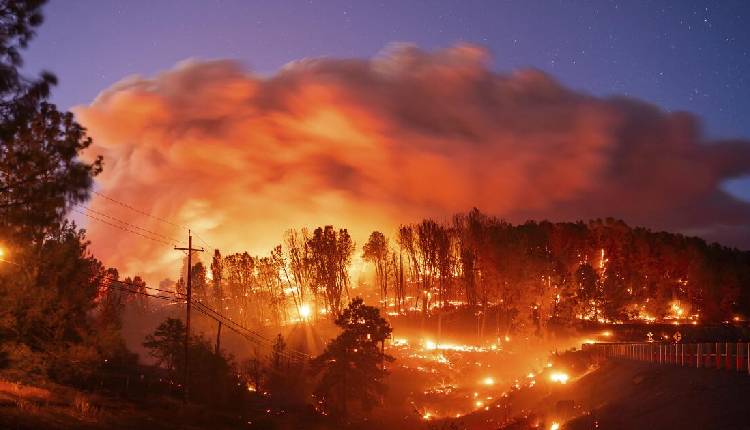Fitch Ratings has warned in a recent statement that California’s wildfires, including the Palisades and Eaton fires near Los Angeles, are poised to become “one of the most expensive natural disasters in US history.” While the financial resilience of municipal entities will sustain credit quality in the near term, long-term pressures on revenues and costs remain uncertain.
The fires have destroyed residential areas, prompting contamination cleanup and extensive rebuilding. Municipalities such as Los Angeles, Santa Monica, and Pasadena face temporary economic setbacks due to evacuations and business disruptions.
Statewide property tax laws allowing reduced assessments after disasters will further strain revenue, alongside delays in income tax collections for Los Angeles County taxpayers granted extensions.
The Federal Emergency Management Agency (FEMA) will play a critical role in offsetting costs, though affected utilities and nonprofits may see operational pressures. Water utilities are managing short-term contamination issues, but long-term infrastructure impacts are unclear.
California’s insurer of last resort, Fair Access to Insurance Requirement (FAIR) plan, gives limited coverage, including a residential policy cap of $3 million. “FAIR plan exposure to the riskiest properties has expanded rapidly in recent years, and its claims-paying ability is ultimately limited by the financial capacity of insurers doing business in the state and the ability of consumers to bear higher rates due to claims.”
Public utilities, meanwhile, risk liability under the state’s inverse condemnation laws if implicated in wildfire ignition, though investigations into the current fires’ causes are ongoing.
Despite these challenges, Fitch noted that many hospitals, universities, and other nonprofits have avoided severe damage and benefit from business interruption insurance, which is expected to mitigate disruptions over time.
Attribution: Amwal Al Ghad English
Subediting: Y.Yasser


